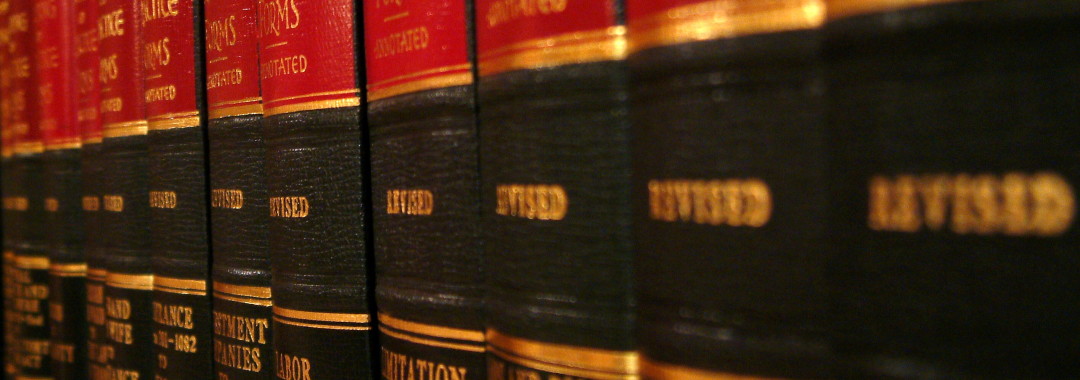A bankruptcy discharge releases the debtor from personal liability for certain debts. After your debts are discharged, you are no longer legally required to pay those discharged debts. The discharge acts as a permanent order of the court that prohibits your creditors from taking any form of collection action against you, including legal process, or communicating with you about your discharged debt. Only your personal liability will be discharged in bankruptcy. Any liens that are not paid or avoided will remain in effect after your bankruptcy.
When Does the Discharge Occur?
The timing of your discharge depends on what type of case you file. If you file a Chapter 7 bankruptcy (liquidation bankruptcy), you will typically receive a discharge in approximately 90 to 120 days. If you file a Chapter 13 case (payment plan bankruptcy), you will receive your discharge as soon as practicable after you complete all payments under your Chapter 13 plan. If you fail to make all payments, your case will be dismissed and you will not receive a discharge.

